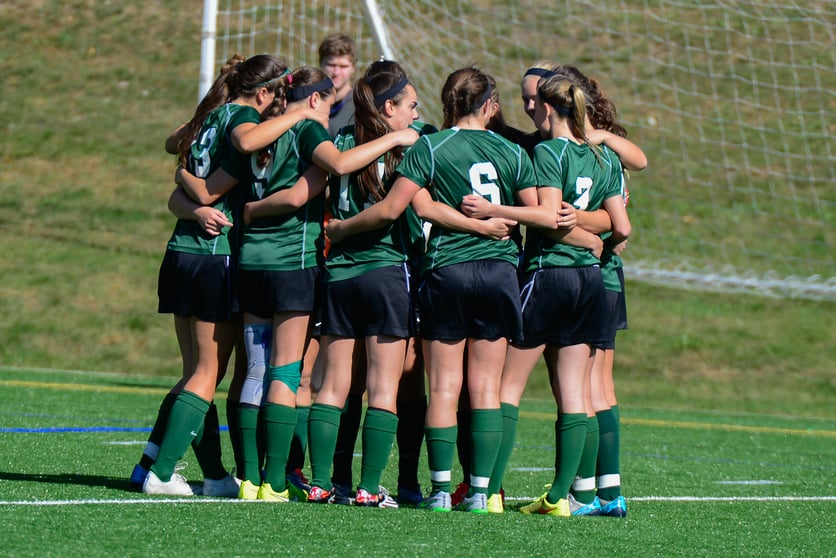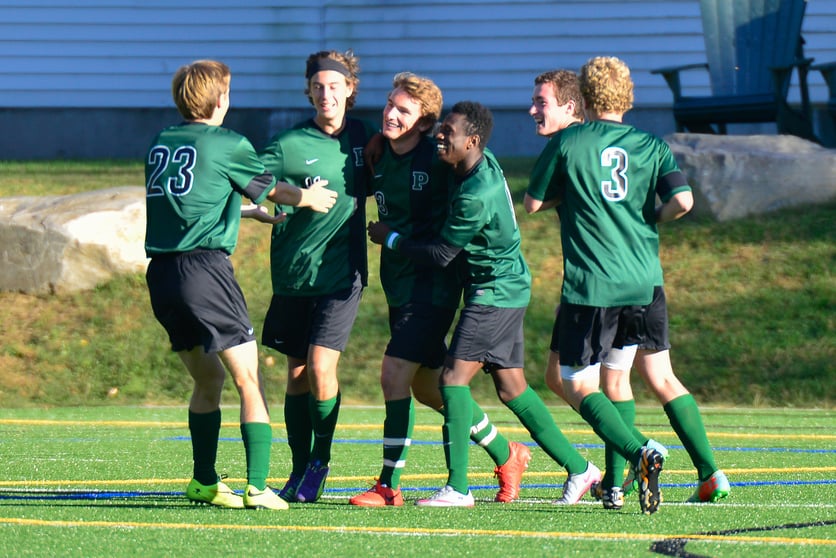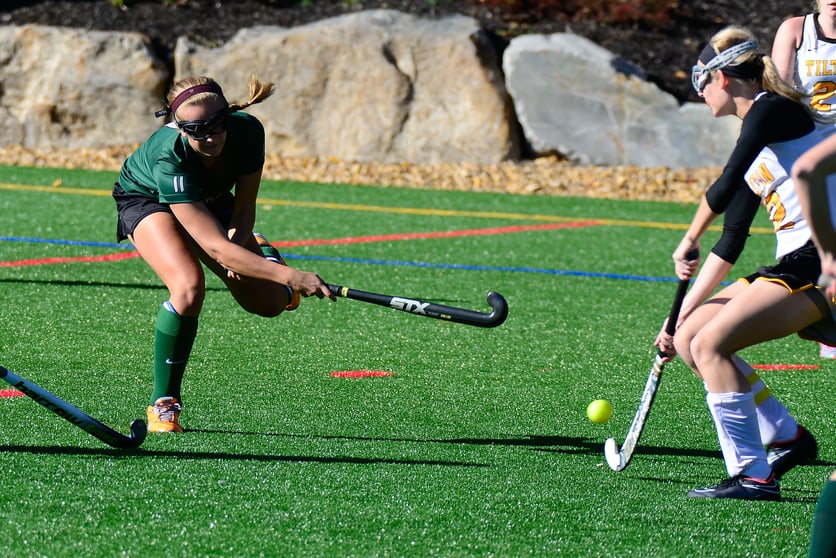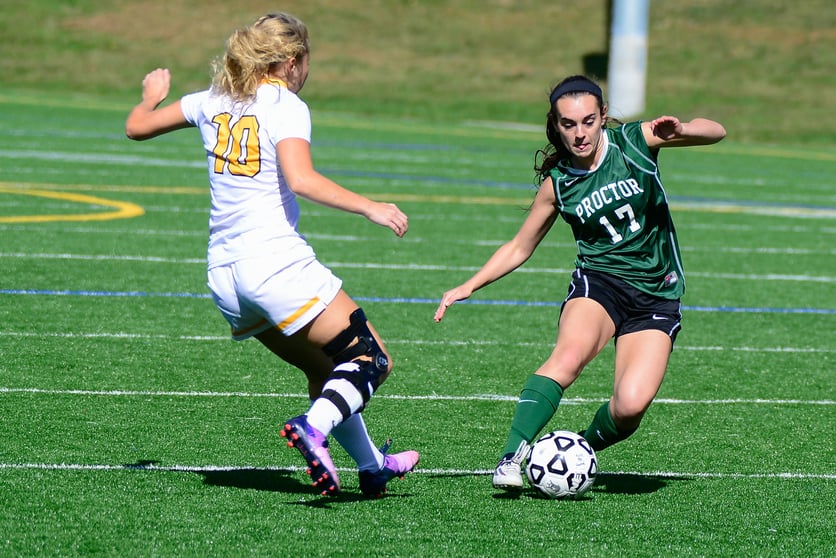Catching parts of some terrific contests – football, soccer, field hockey – over the past week, I have seen displays of raw athleticism and savvy field plays. Games have been intense, competitive, and enjoyable. I have stood at the sidelines and felt the surge of spectator adrenaline and felt pride (mostly) in the sportsmanship.

What happens after classes release and afternoon activities begin is often a continuation of the academic day in a different guise. The books Mindset or Make It Stick, recent faculty reads, make the nexus clear between good teaching practice and good coaching practice. A good coach, like a good teacher, segments practices and creates clear goals, delivers information in chunks, practices what has been recently learned, and practices again, “interleaves” or mixes up different skills so that the learning is varied. The big tests come on game days, when all that has happened within the sphere of the training is put into effect in the “real world” game day. When it all works well, the accrual of knowledge and skill makes complete sense.
For the learner, that sparks motivation.

Jon Beard and I recently chatted about his experience with the JV Girls' soccer team. “Best team I have ever coached or worked with. Hands down.” Why is that? We know that when learning is emotionally charged in a positive sense, the investment of students goes up and the stickiness of what is being taught is enhanced. Recall improves. Jon may be working with a naturally terrific group of girls, but his support, his enthusiasm, his belief in the collective and individual whole, creates the platform upon which success can be built. This support manifests itself differently with different coaches and different styles, but all successful coaches (and teachers) have it. When it is not present, typically the screamer coach emerges, who we have all painfully witnessed. The screamer may be effective within a small bandwidth of athletes, but he/she shuts down growth mindset and learning in the majority.

What about wins and losses?
While the definition of a win or a loss varies between the individual sports and team sports, we often talk about having teams consistently above the .500 mark. Why is that? We believe we don’t need to have teams qualifying for and competing in post-season play every year, but we do need to experience wins frequently enough to keep motivation fueled. The same is true in the classroom. If success is too elusive, the experience can be debilitating for the learner, which is why the gradients of learning continually adjust in the classroom and there are gradients of competition within sports both at the individual or team level. No one starts math by first studying calculus, just as no one starts soccer by playing in a varsity game.

Of course we do love our championship teams and know the impact they have on the overall community, but we just don’t want to get hyper-focused on only winning. What we do want to stay hyper-focused on is always learning.
Thank you to Rich Tilton P'16, P'18 for continuing to share his athletic photography with us as well!

Mike Henriques P'11, P'15
Proctor Academy Head of School








